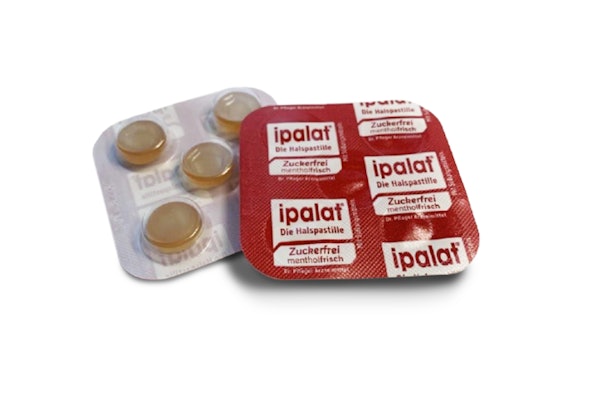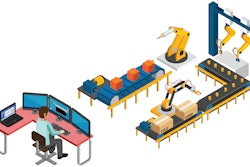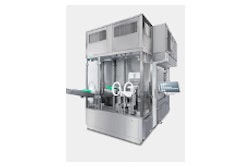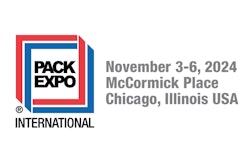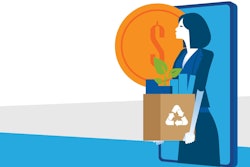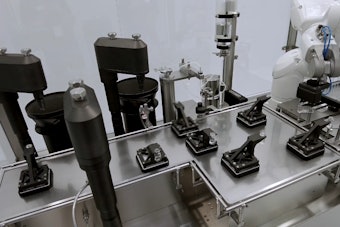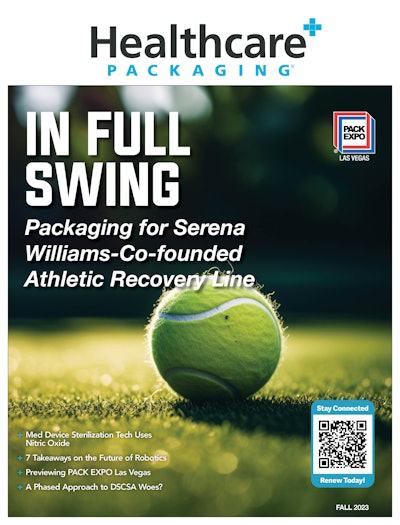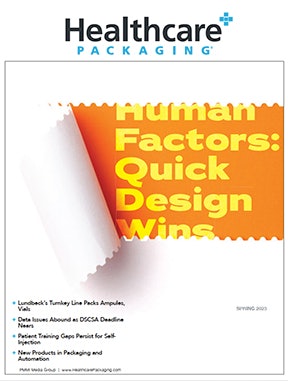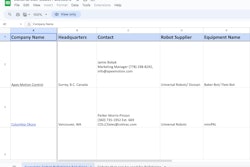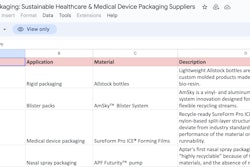Quick hits:
- The main theme was sustainability at ISBT’s BevTech 2022 in Frisco, Texas, where Coca-Cola, PepsiCo, and others pointed to considerable improvements in transparency among brand owners.
- Coca-Cola aims to reduce not only its carbon footprint with packaging initiatives, but also its water footprint, largely with agricultural initiatives within its supply chain.
- Other key topics included water reuse and recycling, water and climate resilience, preserving juice freshness in an unpredictable supply chain, and much more.
- Coca-Cola Targets Sustainability From Every Angle
- Coca-Cola, Suntory Cross the 100% Plant-Based Bottle Finish Line
- Eye on Sustainability
 | Read the transcript below: |
Hi, I’m Aaron Hand, editor-in-chief of ProFood World, back with another edition of Take 5.
It’s been a busy few months of travel, but it’s also been really great to get back out and visit with people in the industry. One of the recent shows I was at was ISBT’s BevTech in Frisco, Texas. It’s a relatively small annual meeting—just a couple hundred people in attendance—but man, they do a great job of bringing the industry up to speed. It’s a heavy scientific and technical focus, and this year the theme was sustainability.
Sustainability means different things to different people, and food and beverage manufacturers are approaching it in a number of ways. But one of the things that has become increasingly clear to me is that many companies are really taking the steps necessary to move beyond the lip service or green washing that might’ve been all too common previously. Consumers are demanding improved transparency, and brand owners are taking heed.
During one of the networking breaks, I chatted a bit with Manus Mitchell from PepsiCo about this corporate transparency. He said that, in the past, Pepsi had trouble wanting to even let internal employees know things that were going on. Now there’s a great transparency even externally about many of the challenges that PepsiCo faces and how they’re handling them. It’s been a big change in industry overall, Mitchell says.
Since I’m new to both ISBT and BevTech, I didn’t realize what a rockstar I was speaking with. Later that day, Mitchell received the Circle of Honor, ISBT’s highest award, for his years of dedication to ISBT and the beverage industry. He is only the 15th recipient of the award in its 69-year history.
But BevTech seemed to be that kind of industry event—where a relatively tightknit group of people come together to really get down to the business of moving the industry forward:
- Ecolab’s Emilio Tenuta talked about advancing water and climate resilience, urging attendees to help their leaders understand that there doesn’t need to be a tradeoff between driving sustainability and business performance.
- Michael McDonald at Suez Water Technologies discussed water recycling strategies for the food and beverage industry, explaining in practical terms what needs to be done.
- One presentation I thought was interesting was from Rob McCaig at FlavorActiV. He’s studying how to preserve juice freshness even when the supply chain breaks down.
I want to tell you about Coca-Cola’s perspective on sustainability. Cloeann Durham gave a comprehensive presentation on the factors they’re looking at.
One of the first things that Durham said in her presentation was a suggestion to those that might be concerned about whether or not they can really have an impact. “Don’t pay so much attention to the numbers, but how you participate,” she said, adding, “We’re all driving the industry. How do we do that together?”
She emphasized the importance of sustainability progress starting at the top and she credits Coca-Cola’s chairman and CEO James Quincey for his commitment to the cause.
Coca-Cola’s sustainable business priorities cross a broad spectrum, including the company’s World Without Waste initiative, water leadership, reducing added sugar, people and communities, climate, and sustainable agriculture.
The World Without Waste initiative looks primarily at packaging and how to help drive a circular economy to help reduce the carbon footprint of that package. The label is a big piece of that discussion, Durham commented, because not all labels are recyclable. Coca-Cola has a goal to make 100% of its packaging recyclable by 2025 and use at least 50% recycled material in its packaging by 2030. The company has reached 90% on the first goal, and is using 23% recycled material in its packaging so far.
Just as Coca-Cola aims to reduce its carbon footprint, it’s also working to reduce its water footprint. This is a big deal for a company whose products are so largely based on water. But their efforts have a lot to do with smart water policies and helping to increase water security where they operate. A huge part of this is improved agricultural management because 92% of Coca-Cola’s water footprint, so to speak, is from water use within its agriculture supply chain.
There’s so much more to get into, so I encourage you to read the full story below, along with other recent links. But I want to circle back around to where I started, with transparency. Like Mitchell, Durham also noted how the industry has changed, and it’s no longer about putting together a feel-good commercial to convince consumers. Instead, today, data is all you really have to tell your story, she says. Science-based targeting is offering a different level of transparency.
Thank you again for joining us today.




